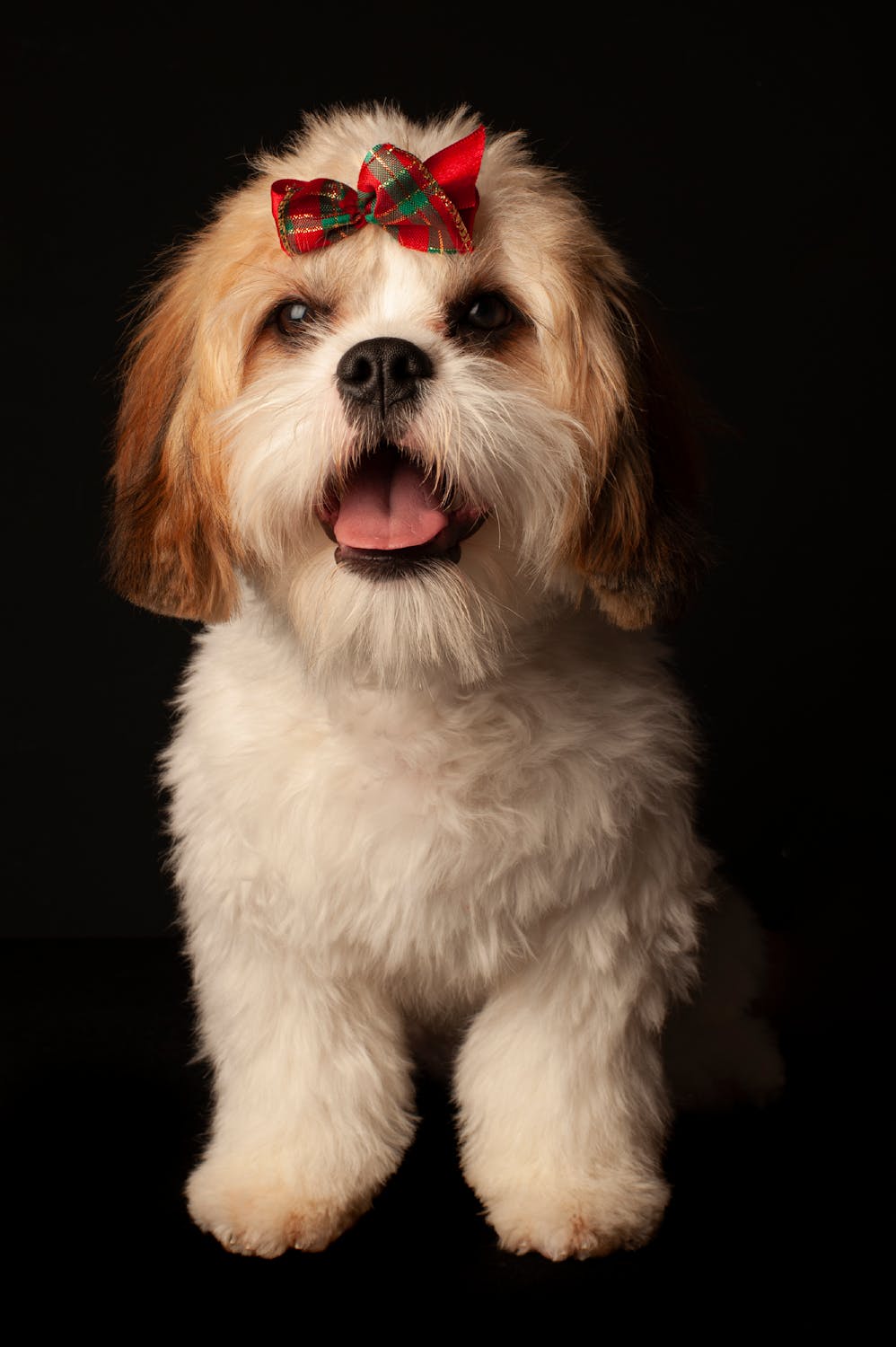

The Shih Tzu is a toy dog breed that originated in Tibet over 1,000 years ago, believed to be a cross between the Pekingese and Lhasa Apso. Known as the Lion Dog in Mandarin, they were loved by Chinese royalty and kept as companion animals. Nowadays, Shih Tzus are gaining worldwide popularity, especially among urban dwellers. They are friendly and affectionate with children but mostly guarded with strangers. Their long trailing hair and playful nature make them distinctive companions sometimes called chrysanthemum-faced dogs.
Life Span
Exercise
Breed Group
Size
Coat Type
Grooming
Shih Tzus are friendly and affectionate dogs, making them ideal companions for both solitary individuals and families. They are good-natured, enthusiastic, and thrive on attention from their owners. Shih Tzus are intelligent, but their occasional stubbornness can make training a bit challenging. They are great with children and other pets, especially when socialized early. These playful dogs love family games and activities, although they require less exercise compared to larger breeds. While they are alert and may bark at new visitors, they are generally non-aggressive and enjoy the company of those around them.
Shih Tzus are intelligent but can be stubborn, so training should be based on positive reinforcement with treats and praise. Recall training is essential to prevent them from becoming too independent. They are relatively inactive and do not require extensive exercise. A daily 30-minute walk or indoor play session is usually sufficient. Shih Tzus enjoy games like fetch and tug-of-war, and puzzle toys can help keep them mentally stimulated. Avoid high-energy exercises as their size and energy levels may lead to fatigue. Consistent family bonding time is also important for their happiness.
Shih Tzus are generally healthy but may be predisposed to certain health issues:
Brachycephalic Syndrome: Due to their short noses, they may experience breathing problems, especially in hot weather or during strenuous exercise.
Hip Dysplasia: A hereditary condition affecting the hip joint, which can be identified through regular veterinary checkups.
Dental Problems: Plaque buildup and gum diseases are common, requiring regular teeth brushing and dental examinations.
Eye Problems: Prominent eyes make them prone to dryness, irritation, and infections. Routine eye care is essential.
Intervertebral Disc Disease (IVDD): Spinal issues can lead to back pain and mobility problems. Avoid high-impact activities to prevent strain.
Shih Tzus have long, silky coats that require regular grooming to prevent matting. Brush their coats at least a few times a week and bathe them every 3–4 weeks or as needed. Use a gentle dog shampoo to maintain coat health. Keep their ears clean and dry to prevent infections and check regularly for parasites like fleas and ticks. Inspect their eyes for discharge and monitor their skin for lumps or bumps. Regular nail trimming is necessary to avoid discomfort, and routine grooming helps keep them looking their best.
Proper nutrition is essential for Shih Tzus. High-quality dog food formulated for small breeds is recommended, although homemade diets can be used with veterinary guidance. Puppies should be fed 3–4 small meals a day, while adults typically require 1 to 1.5 cups of food daily, divided into two meals. Monitor their weight to prevent obesity, which is common in smaller breeds. Look for food enriched with Omega-3 fatty acids for coat and skin health and joint-supporting nutrients. Always consult with your veterinarian for dietary recommendations tailored to your dog's specific needs.